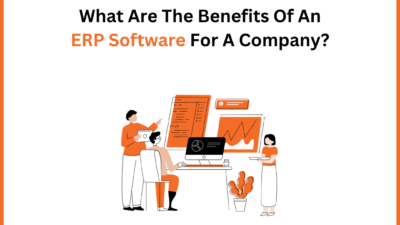An ERP, or integrated management software package, is software that allows a company to manage its resources efficiently. An ERP can provide several benefits to businesses of all sizes, including improved efficiency, better decision-making capabilities, and increased profitability. In this blog post, we’ll discuss the benefits an ERP can bring to businesses of all types and sizes.
ERP Software, What Exactly Are We Talking About?
ERP software is a type of software that helps businesses manage their operations, including inventory, manufacturing, and finance.
ERP is short for Enterprise Resource Planning. ERP software is used by businesses of all sizes to streamline operations and improve efficiency. They typically include modules for accounting, human resources, customer relationship management, and project management.
This management solution can be deployed on-premises or in the cloud.
The Advantages Of An ERP
- Help Your Business Run Smoother And More Efficiently
ERP software can be a useful tool for businesses of all sizes (from SMEs to large corporations). By automating tasks and providing a central location for information, the software solution can help businesses run more smoothly and efficiently.
Additionally, it can help businesses save time and money by reducing the need for manual data entry and paper-based reporting.
- Automate Many Tasks And Processes
In today’s business world, time is money. That’s why more and more companies are turning to ERP software to automate tasks and processes.
ERP software can help you save time and money by automating tasks such as invoicing, customer management, and order processing.
- Improve Communication Between Departments And Employees
Enterprise Resource Planning is designed to help organizations improve communication between departments and employees. The software provides a centralized repository for all communications, making it easy for employees to find the information they need.
The ERP also includes project and task management tools, so employees can stay on top of their work. Additionally, it offers a variety of features that make it easy to connect with other employees, including chat, video conferencing, and file sharing.
By using ERP software, organizations can improve communication between departments and employees, and allow employees to stay connected and productive.
- Help Track Inventory And Sales Data
This software can be used to manage and monitor all aspects of a business, including inventory management, sales, and finance.
This business management software helps track inventory levels and sales data. This information is used to gauge customer demand, optimize inventory levels, and forecast future sales.
This information may be used to assess customer preferences, identify trends, and adjust marketing and pricing strategies accordingly.
The ERP solution thus makes it possible to improve the customer relationship as a CRM could do.
- Provide A Better View Of Your Overall Business Performance
ERP software is a great way to get a better overview of your business performance.
It gives you the tools you need to track and monitor all aspects of your business, from sales and marketing to accounting and human resources. Everything is centralized in a single database.
It also allows you to customize reports and dashboards to suit your specific needs.
With ERP software, you can make informed decisions about allocating resources, improving processes, and focusing efforts for maximum impact. It is therefore an essential tool for any company that wants to optimize its operations and ensure its long-term success.
The Disadvantages Of ERP
If the advantages of an ERP are numerous, it is necessary to point out some disadvantages mainly related to its implementation.
The first is the cost of such software in business. The bill can indeed be quite high depending on the size of the company and the solution chosen (between a few thousand euros to several tens).
Then, setting up the integrated management software package is not easy and can take some time. It requires significant IT infrastructure and data integration can also be time-consuming.
Finally, for an ERP system to be effective, it must be used properly by all employees. Also, its adoption in business will require a major training effort.
In addition to these few disadvantages, the advantages of an ERP are numerous for a company, whether it is increased efficiency and productivity, reduced costs, or improved customer service. customer base. If you’re looking for ways to improve your business operations, consider implementing an ERP system.


























